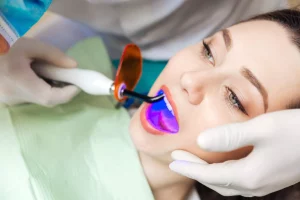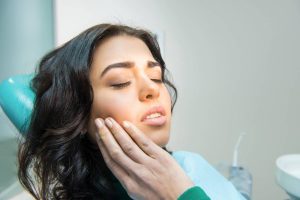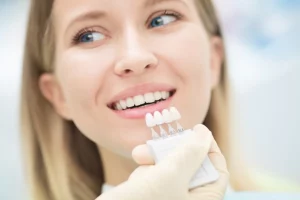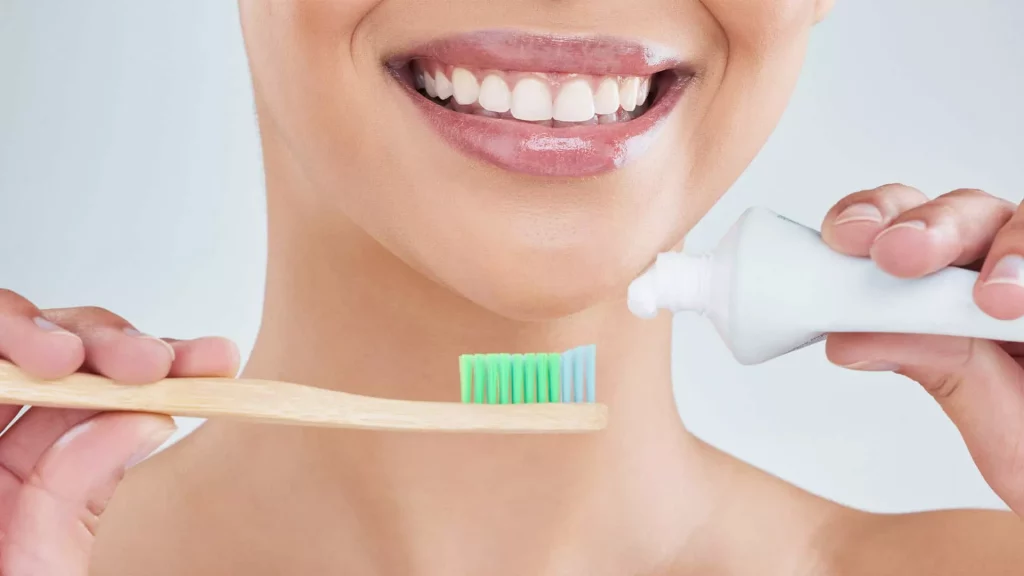Last Updated on: 12th December 2025, 09:45 am
Natural Antibiotics to Ward Off Any Dental Infection
Dental infections are a common issue that many people face. While Natural antibiotics are often the go-to treatment, natural remedies for dental care are increasingly being recognized for their potential benefits. In this holistic dental treatment guide updated for 2023, we explore the top 15 natural antibiotics for dental infections.
Disclaimer: This article is for informational purposes only and should not replace professional medical advice. Always consult your dentist for a proper diagnosis and treatment plan.
What Causes Dental Infections?
Dental infections can arise from untreated cavities, advanced periodontal disease, tooth trauma, and foreign objects in the mouth—common dental infection symptoms that should not be ignored.
Symptoms to Watch For
Be aware of dental infection symptoms such as pain and sensitivity, bleeding gums, fever, and a swollen jaw or cheek.
Natural Antibiotics for Dental Infections
Aloe Vera Gel
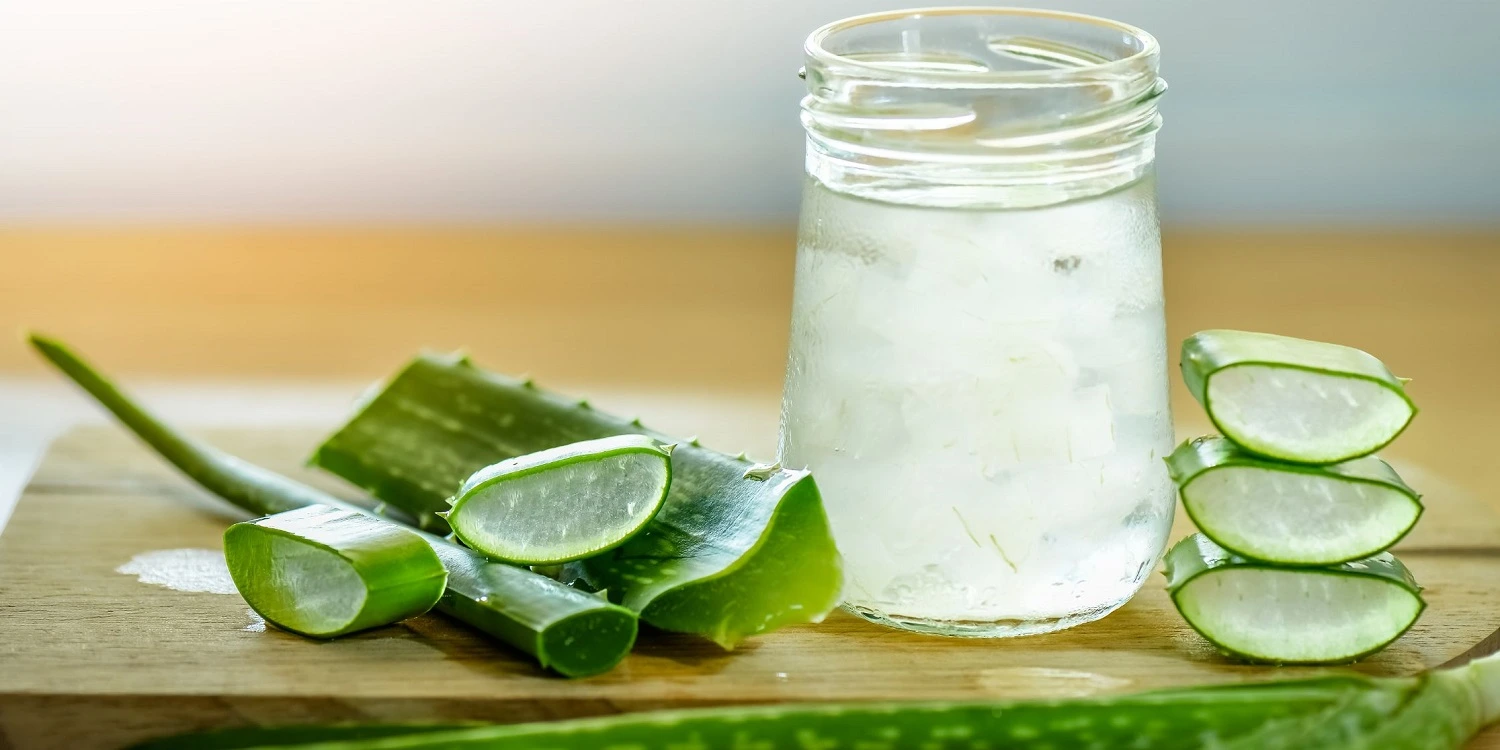
Latest Research: Studies have shown that aloe vera has antibacterial and anti-inflammatory properties, making it effective for dental infections. It also includes home remedies for dry mouth. You can also use aloe vera gel to cure mouth ulcers. To learn how to use it, you can refer to this article.
User Testimonial: “Aloe vera gel helped soothe my inflamed gums within days!” – Sarah, 32
How to Use: Apply cold aloe vera gel directly to the infected area.
Additional Info: Aloe vera also promotes wound healing and can be beneficial for oral ulcers.
Cinnamon Oil
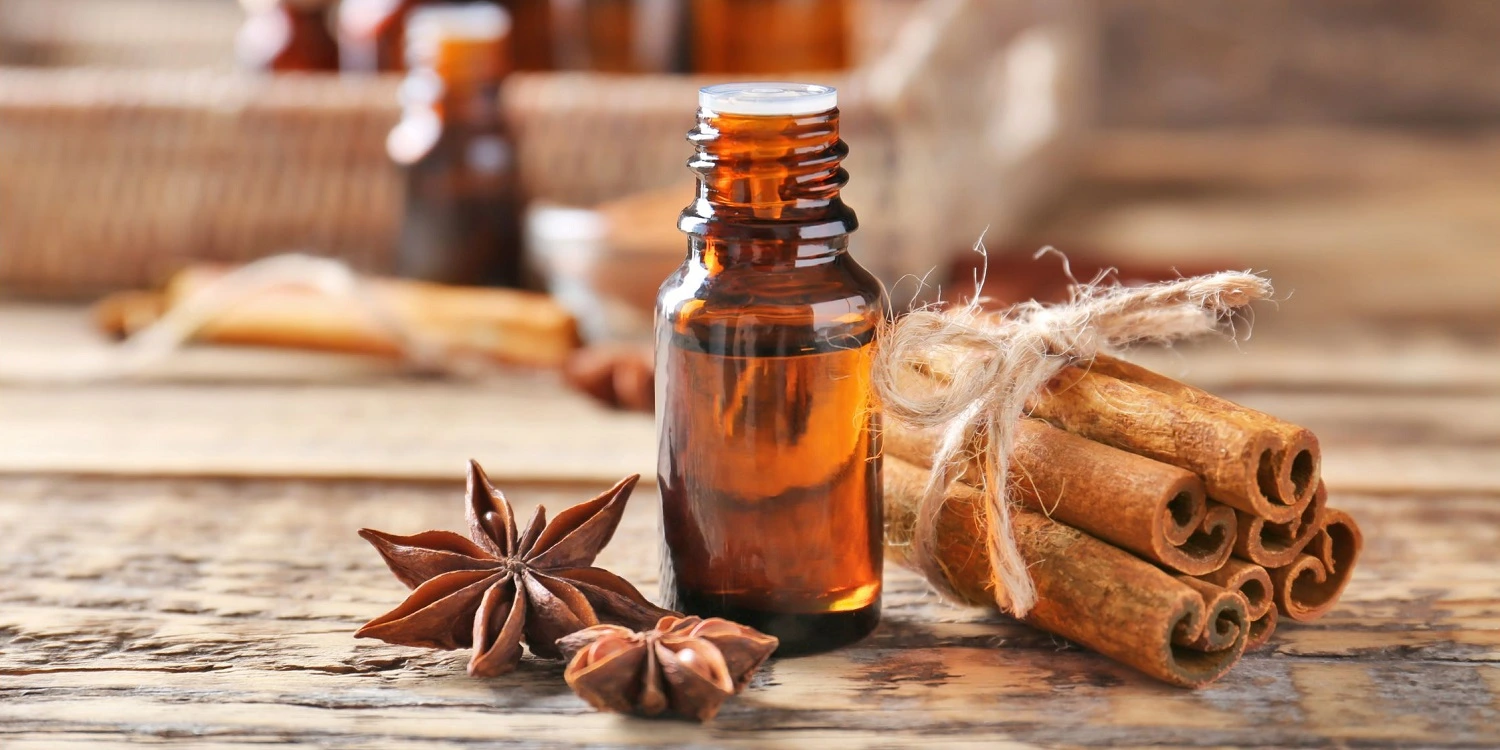
Latest Research: Cinnamaldehyde, the active component, disrupts bacterial cell walls, leading to their destruction. Because of its anti-inflammatory, antiviral, antimicrobial, and analgesic properties, it’s one of the best essential oils for a toothache.
User Testimonial: “Cinnamon oil worked wonders for my toothache!” – Mark, 45
How to Use: Dilute with water and use as a mouthwash.
Additional Info: Cinnamon oil also has antifungal properties and can help with oral thrush.
Chamomile Infusion
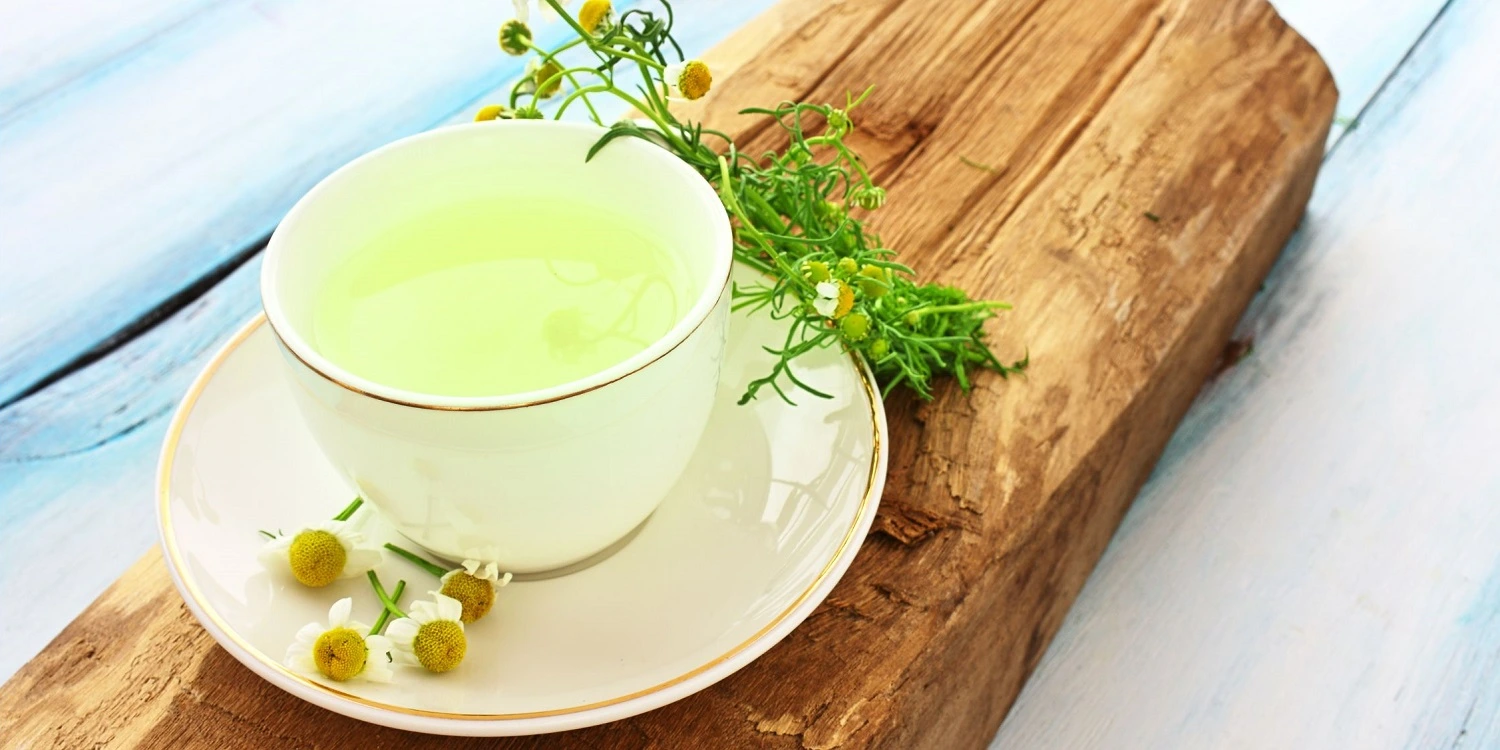
Latest Research: Chamomile has anti-inflammatory effects comparable to chlorhexidine, a common antiseptic.
User Testimonial: “Chamomile infusion eased my dental pain.” – Emily, 29
How to Use: Prepare a concentrated chamomile tea and use it as a rinse.
Additional Info: Chamomile also has mild sedative properties, which can help relieve stress-related dental issues.
Garlic
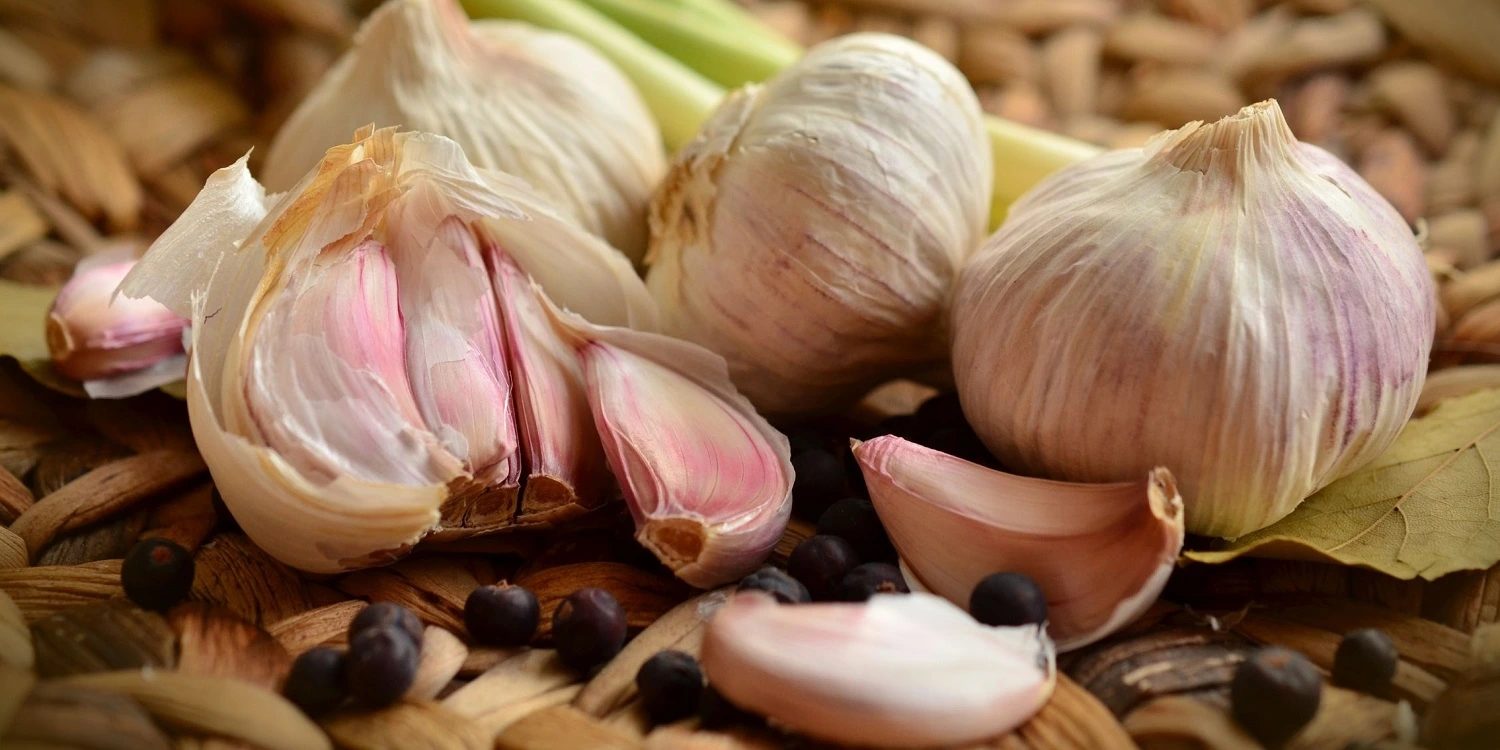
Latest Research: Garlic is rich in a compound called allicin, which has been extensively studied for its antibacterial properties. Recent research indicates that allicin disrupts the biofilm that bacteria form, making it easier to eliminate them. Studies have also shown that garlic can be as effective as some pharmaceutical antibiotics in treating various bacterial infections. Because of its properties, garlic is also used to treat toothaches and relieve pain quickly.
User Testimonial: “Garlic helped reduce my gum swelling and pain!” – Alex, 40
How to Use: Crush a garlic clove and apply the paste to the affected area.
Additional Info: Garlic also has antifungal and antiviral properties, making it a versatile natural remedy.
Grapefruit Seed Extract
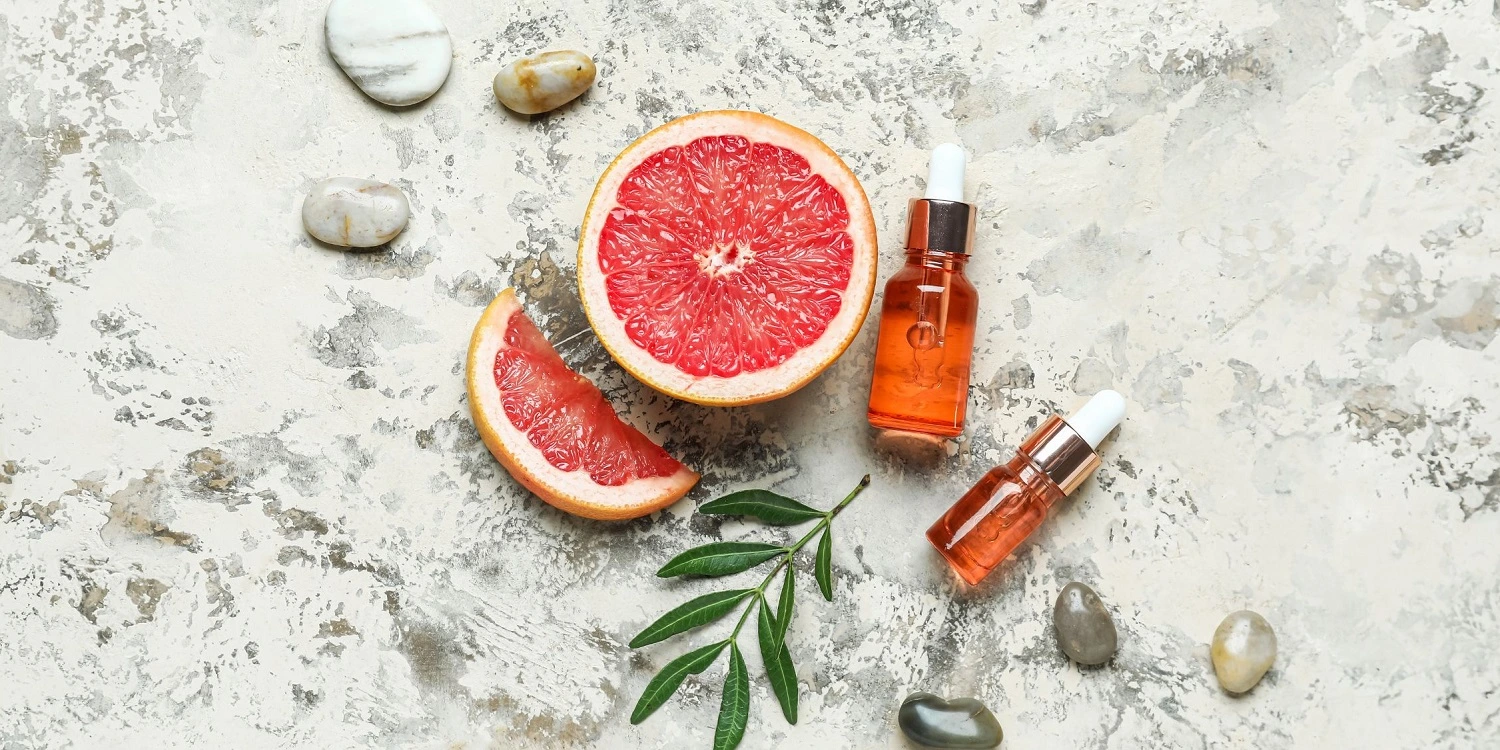
Latest Research: Grapefruit seed extract is rich in vitamin C and flavonoids, which have been found to be effective against a wide range of bacterial strains. Recent studies have shown that it can inhibit the growth of bacteria and fungi, making it a promising natural alternative for treating dental infections.
User Testimonial: “Grapefruit seed extract cleared up my dental infection in a week!” – Lisa, 35
How to Use: Dilute 20 drops in half a glass of water and use as a mouthwash.
Additional Info: It’s also effective against fungal infections like candida.
Herbal Tea or Fenugreek
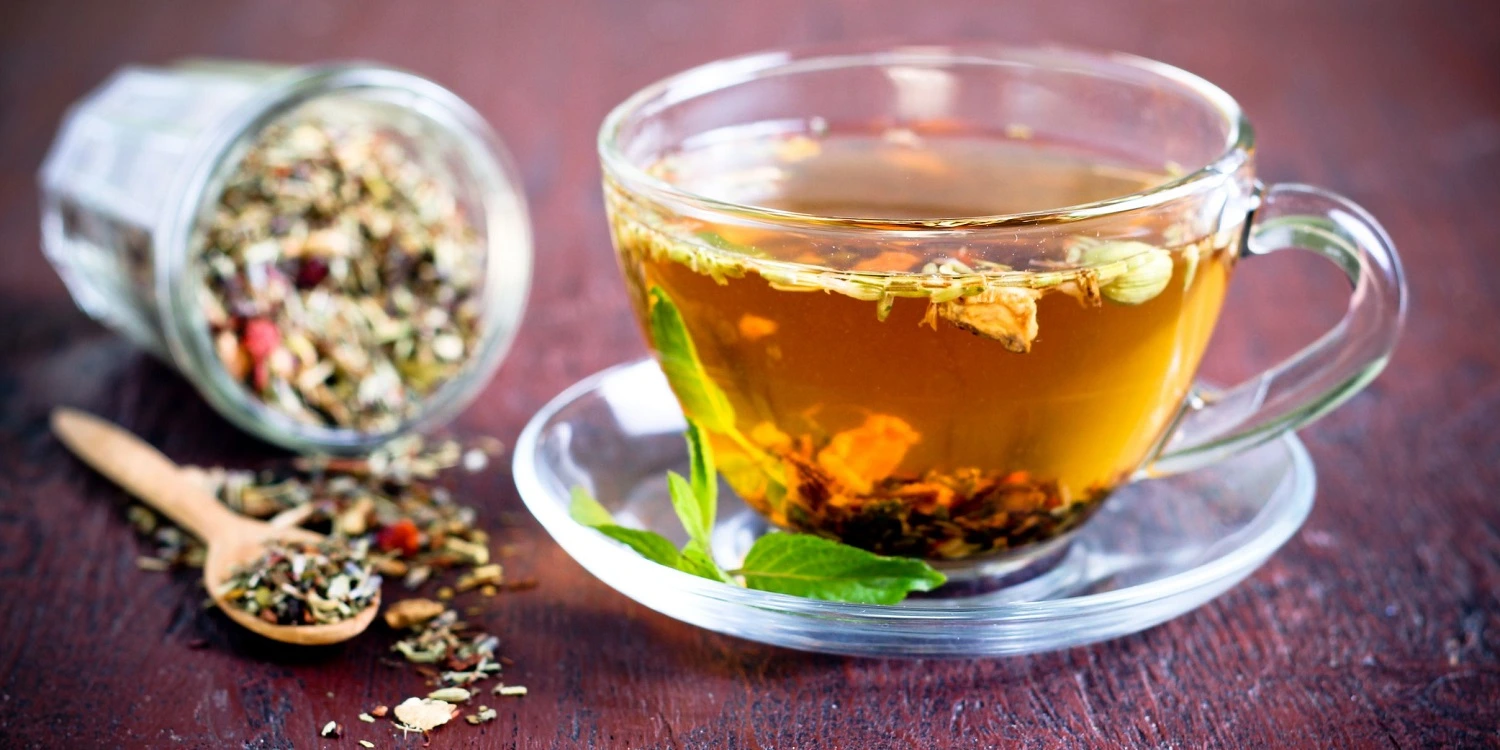
Herbal Tea or FenugreekLatest Research: Fenugreek has been the subject of numerous studies for its anti-inflammatory and healing properties. Recent research has shown that fenugreek can significantly reduce inflammation and accelerate the healing process, making it a viable natural remedy for dental infections. It is also used for rinsing to clean and remove stuck food in a healing wisdom tooth socket.
User Testimonial: “Fenugreek tea helped alleviate my toothache.” – David, 50
How to Use: Brew a strong fenugreek tea and use it as a mouth rinse.
Additional Info: Fenugreek is also known for its digestive benefits.
Hydrogen Peroxide
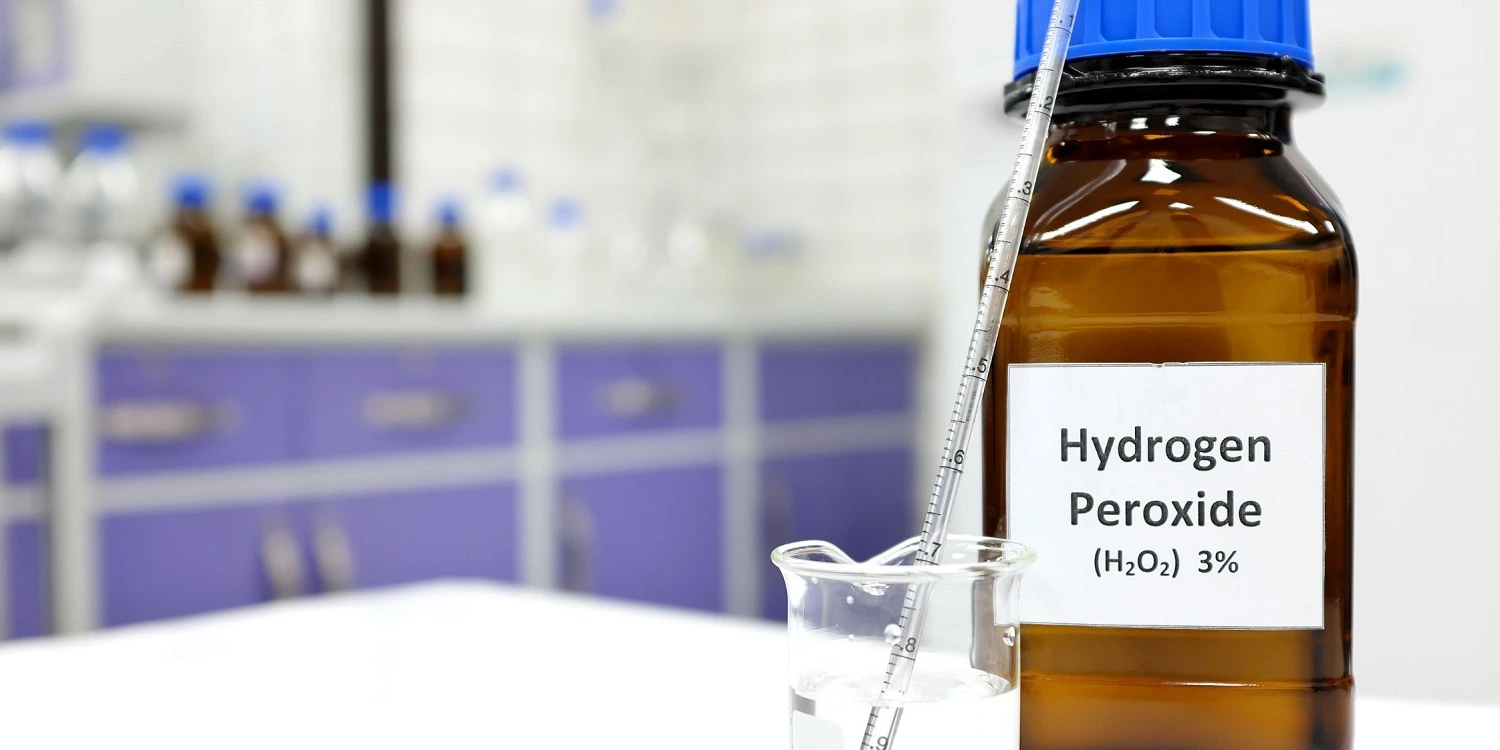
Latest Research: Hydrogen peroxide is a well-known antiseptic that has been studied for its effectiveness in oral hygiene. Recent studies have shown that a diluted hydrogen peroxide solution can effectively kill bacteria and prevent plaque formation, making it a useful adjunct in dental care. It is one of the chemical agents used to whiten teeth. To learn how teeth whitening works, feel free to visit this article.
User Testimonial: “A hydrogen peroxide rinse helped me with my bleeding gums.” – Karen, 28
How to Use: Dilute in a 1:1 ratio with warm water and use as a mouth rinse.
Additional Info: Use cautiously, as it can damage tooth enamel.
Licorice Root
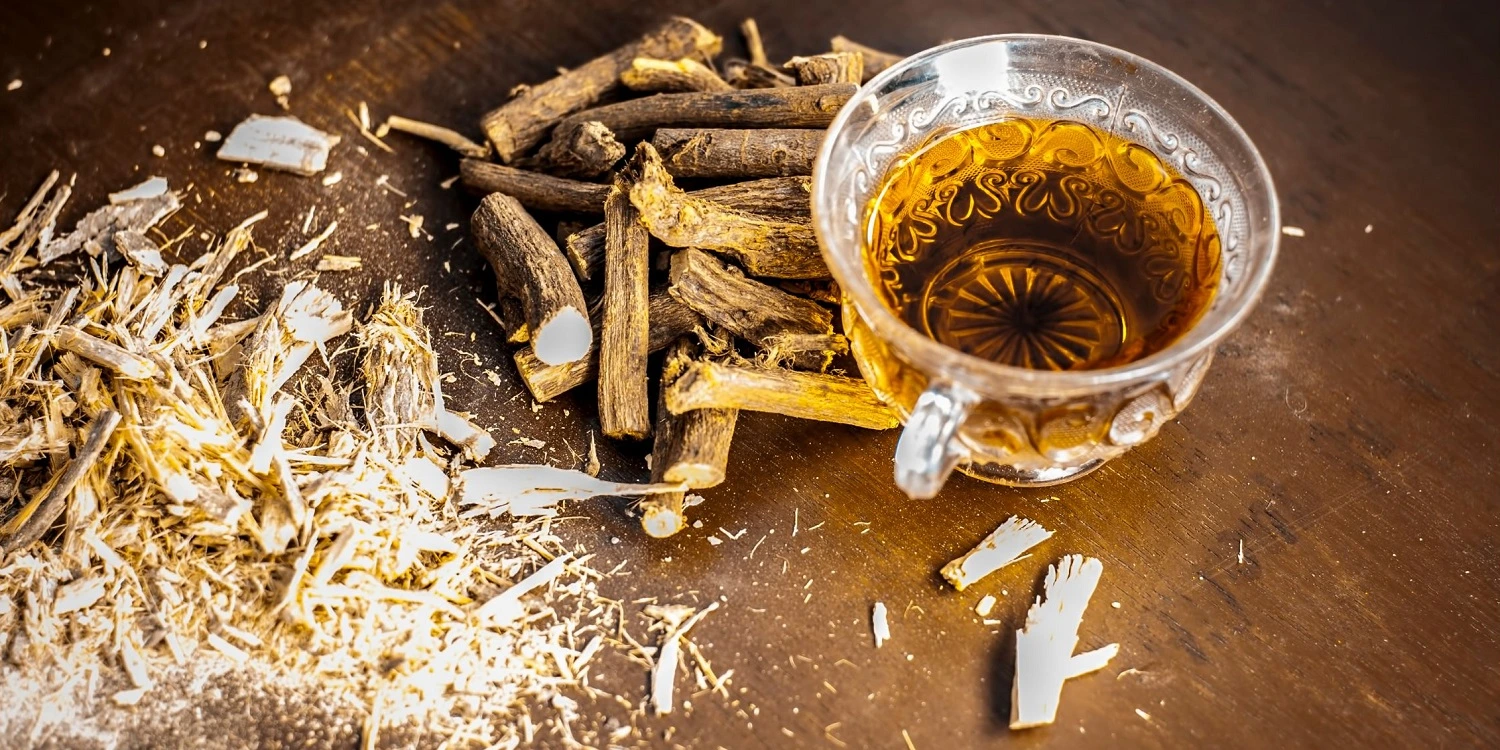
Latest Research: Licorice root contains several compounds that have been found to inhibit the growth of bacteria responsible for dental infections. Recent studies have shown that licorice root extracts can effectively reduce bacterial load and inflammation, making it a promising natural remedy for dental care.
User Testimonial: “Licorice root helped me with my chronic gum issues.” – Steve, 60
How to Use: Chew on a small piece of licorice root or use it as a mouthwash.
Additional Info: It also has anti-inflammatory properties that can help with gum inflammation.
Olive Leaf Extract
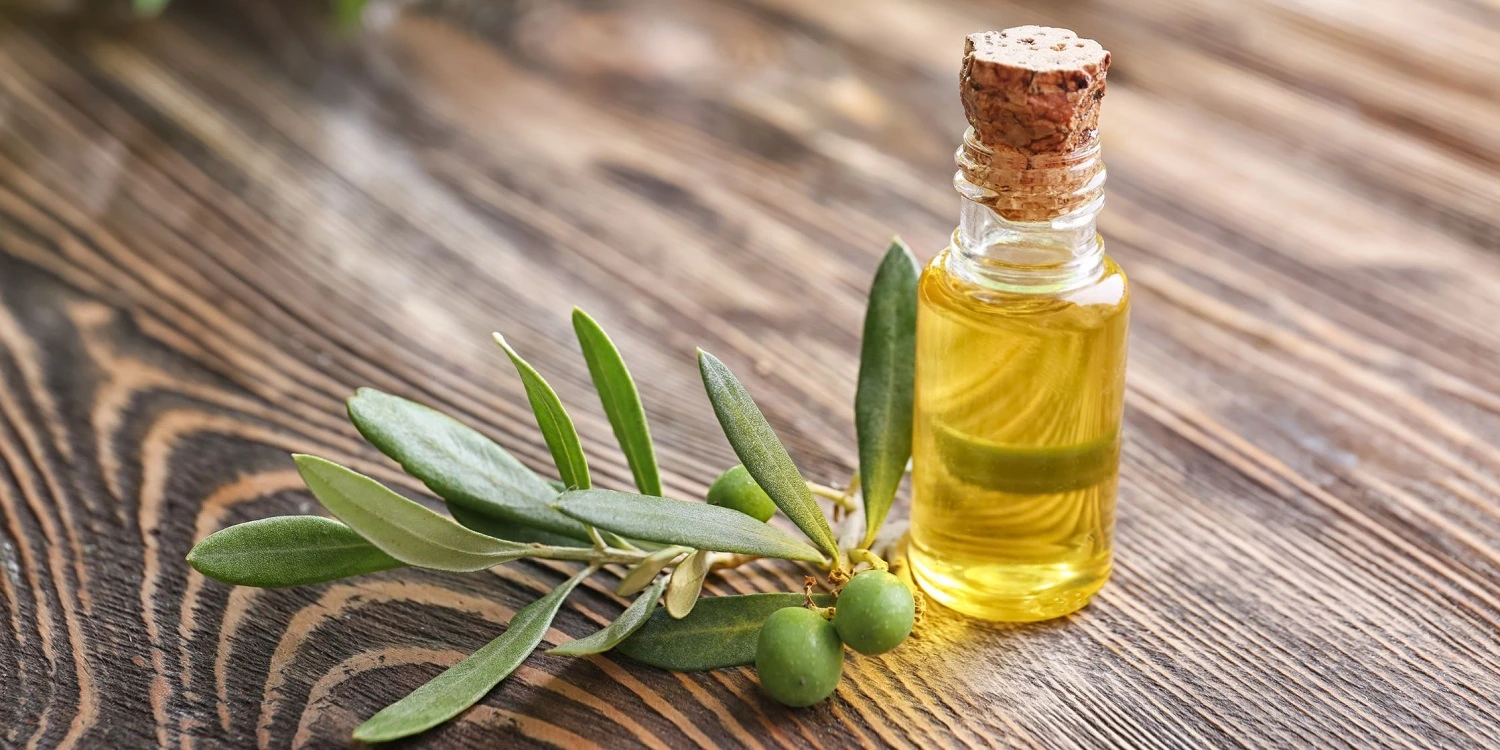
Latest Research: Olive leaf extract contains a compound called oleuropein, which has been the subject of numerous studies for its antimicrobial effects. Recent research has shown that oleuropein can inhibit the growth of bacteria and fungi, making it a strong candidate for natural dental care. It has also been found to be effective in treating oral candidiasis, a common fungal infection in the mouth.
User Testimonial: “Olive leaf extract helped me recover from a severe dental infection.” – Maria, 45
How to Use: Use as a mouthwash or take it in capsule form as directed.
Additional Info: It’s also beneficial for cardiovascular health.
Onion
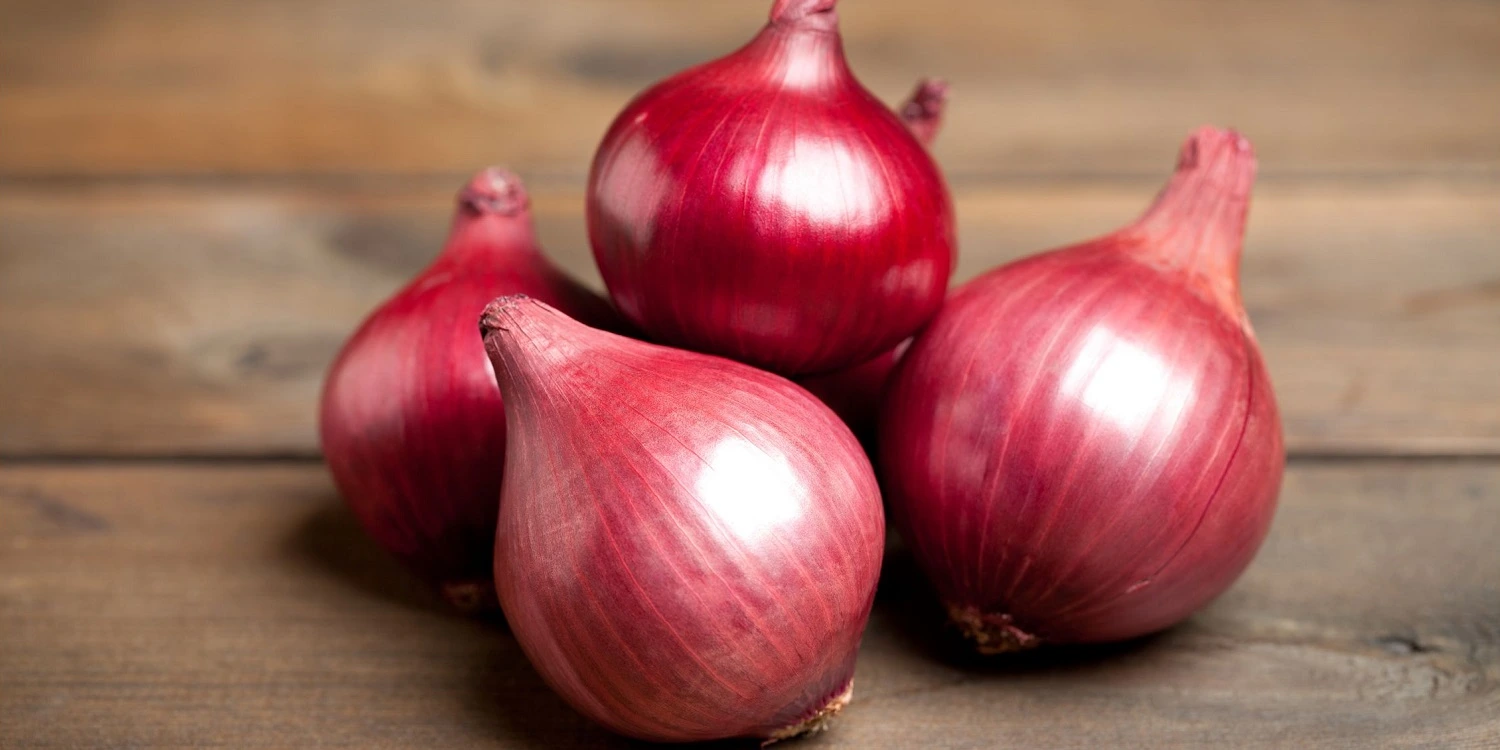
Latest Research: Onions are rich in sulfur compounds that have been found to have both antibiotic and anti-inflammatory effects. Recent studies have shown that these compounds can inhibit the growth of bacteria responsible for dental infections, making onions a useful natural remedy. The sulfur compounds also have antioxidant properties, which can help in the overall healing process. It is one of the effective home remedies for wisdom tooth pain.
User Testimonial: “Chewing raw onion relieved my toothache.” – Tim, 38
How to Use: Chew a piece of raw onion or apply onion juice to the affected area.
Additional Info: Onions are also rich in antioxidants, offering additional health benefits.
Oregano Oil
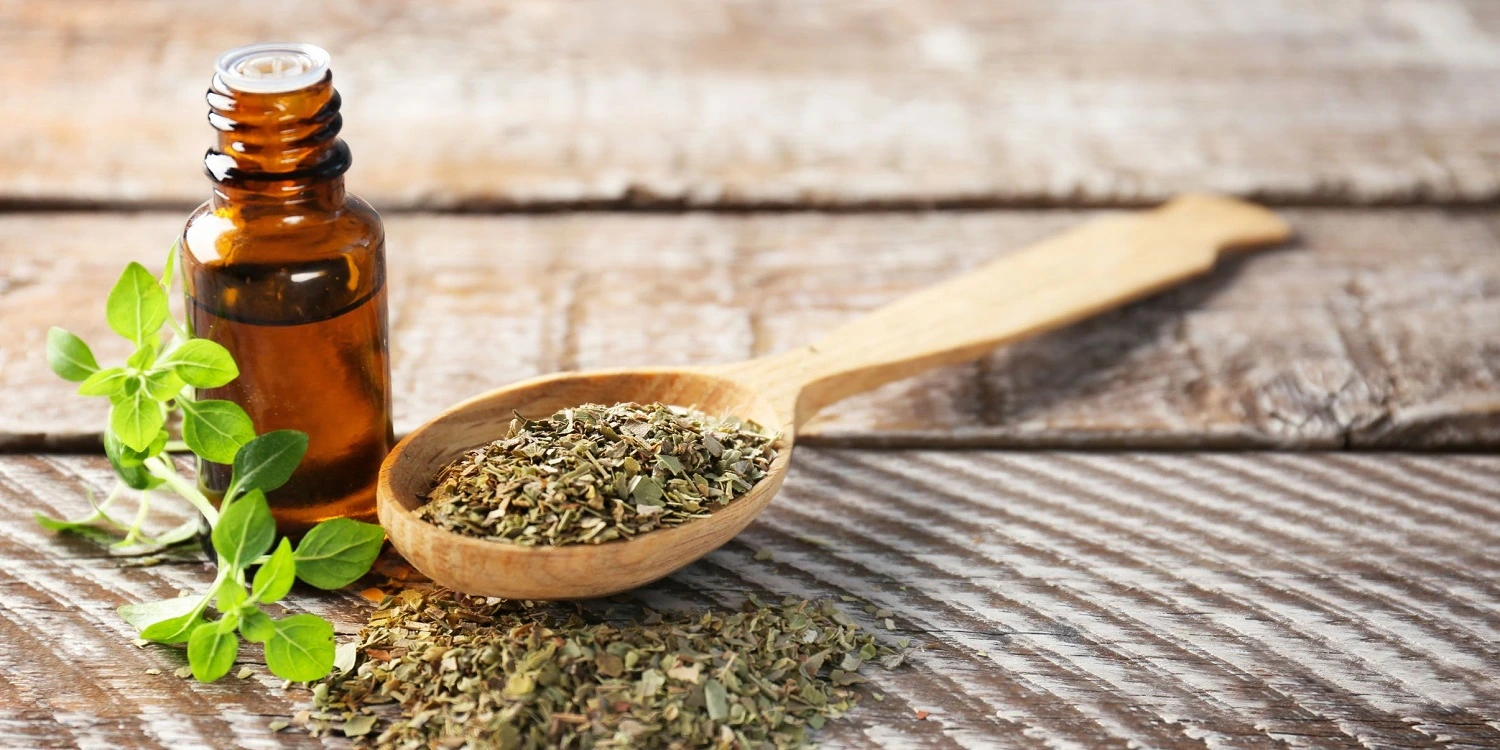
Latest Research: Oregano oil contains carvacrol and thymol, two compounds with strong antibacterial properties. Recent research has shown that oregano oil can effectively kill a wide range of bacteria, including those responsible for dental infections. It has also been found to be effective against antibiotic-resistant strains, making it a promising alternative. It is one of the home remedies to rinse and drain a tooth abscess.
User Testimonial: “Oregano oil helped me when traditional antibiotics failed.” – Emily, 27
How to Use: Dilute a few drops in a carrier oil and apply to the affected area.
Additional Info: It’s also effective against fungal and viral infections.
Peppermint Oil
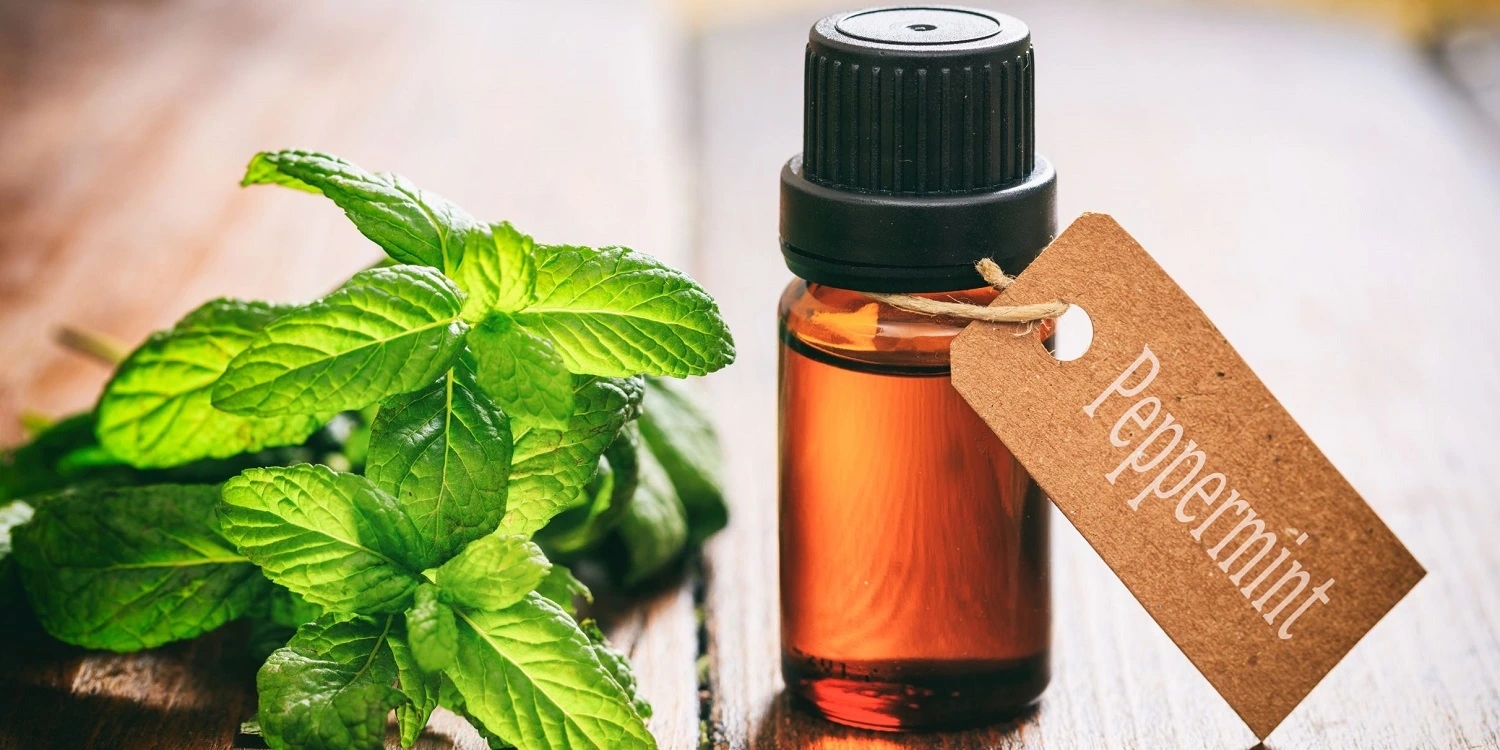
Latest Research: Peppermint oil is rich in menthol, which has been studied for its antibacterial and analgesic properties. Recent studies have shown that peppermint oil can effectively reduce dental pain and inhibit bacterial growth, making it a useful natural remedy for dental infections.
User Testimonial: “Peppermint oil gave me instant relief from my toothache.” – Jack, 33
How to Use: Apply a drop or two to a cotton ball and place it on the affected area.
Additional Info: Peppermint oil also helps in freshening breath.
Tea Tree Oil
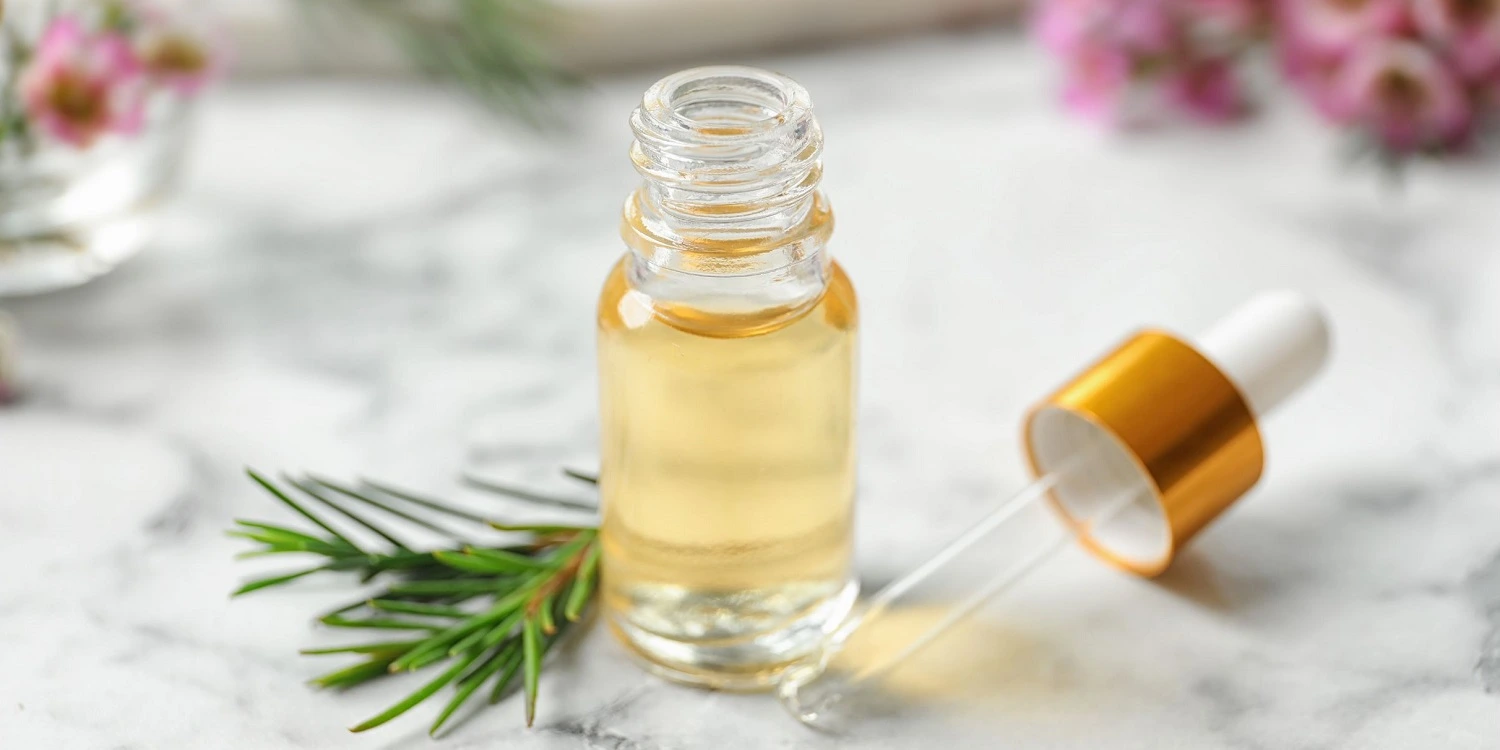
Latest Research: Tea tree oil contains terpinen-4-ol, a compound that has been extensively studied for its antibacterial properties. Recent research has shown that tea tree oil can effectively kill bacteria and fungi, making it a versatile natural remedy for dental infections.
User Testimonial: “Tea tree oil cleared up my gum infection in just a few days.” – Linda, 42
How to Use: Dilute with a carrier oil and apply to the affected area using a cotton swab.
Additional Info: It’s also effective against oral thrush.
Turmeric
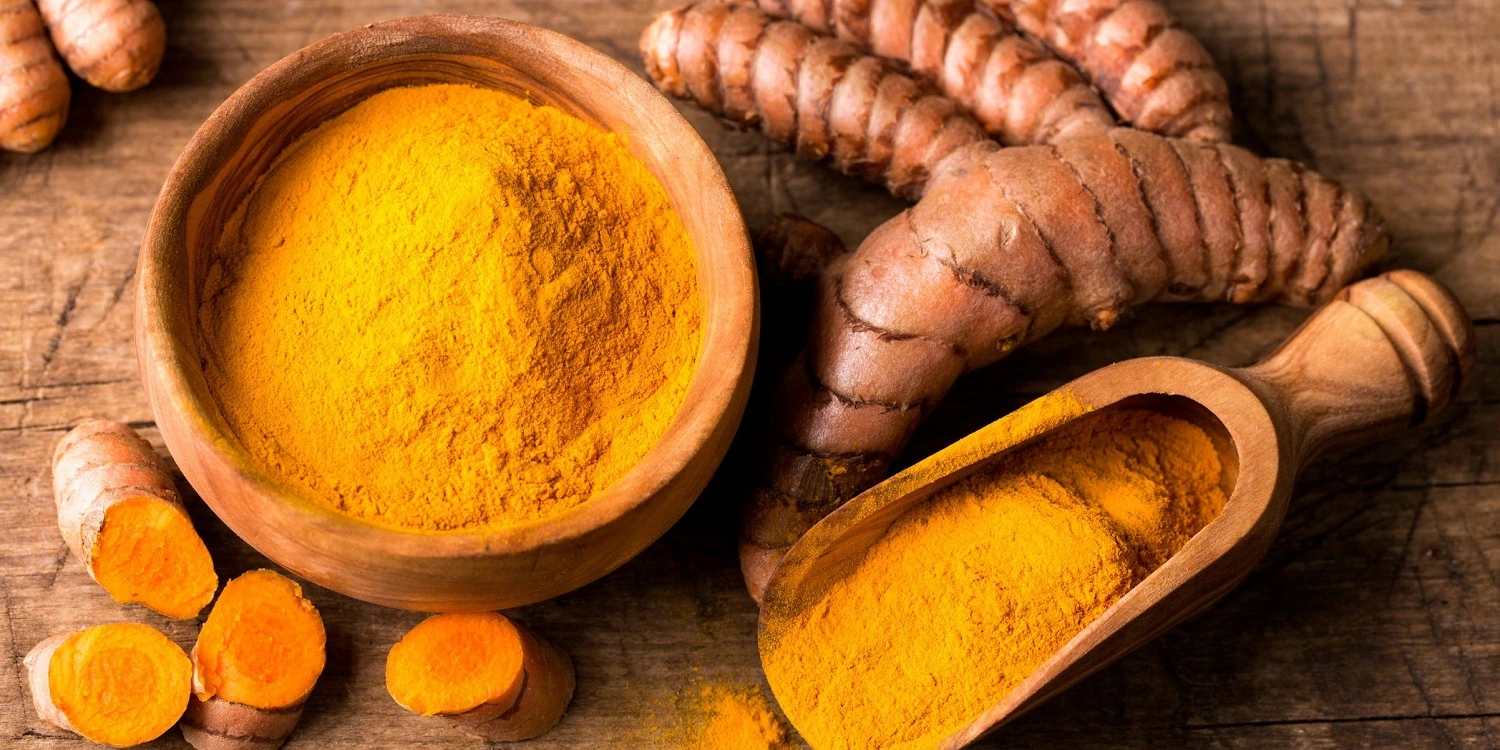
Latest Research: Turmeric contains curcumin, a compound that has been studied for its anti-inflammatory and antibacterial properties. Recent studies have shown that curcumin can effectively reduce inflammation and inhibit bacterial growth, making it a useful natural remedy for dental infections. It is one of the home remedies for dry sockets.
User Testimonial: “Turmeric paste reduced my gum swelling significantly.” – Sam, 36
How to Use: Make a paste with water and apply it to the affected area.
Additional Info: Turmeric is also known for its antioxidant properties.
Clove Oil
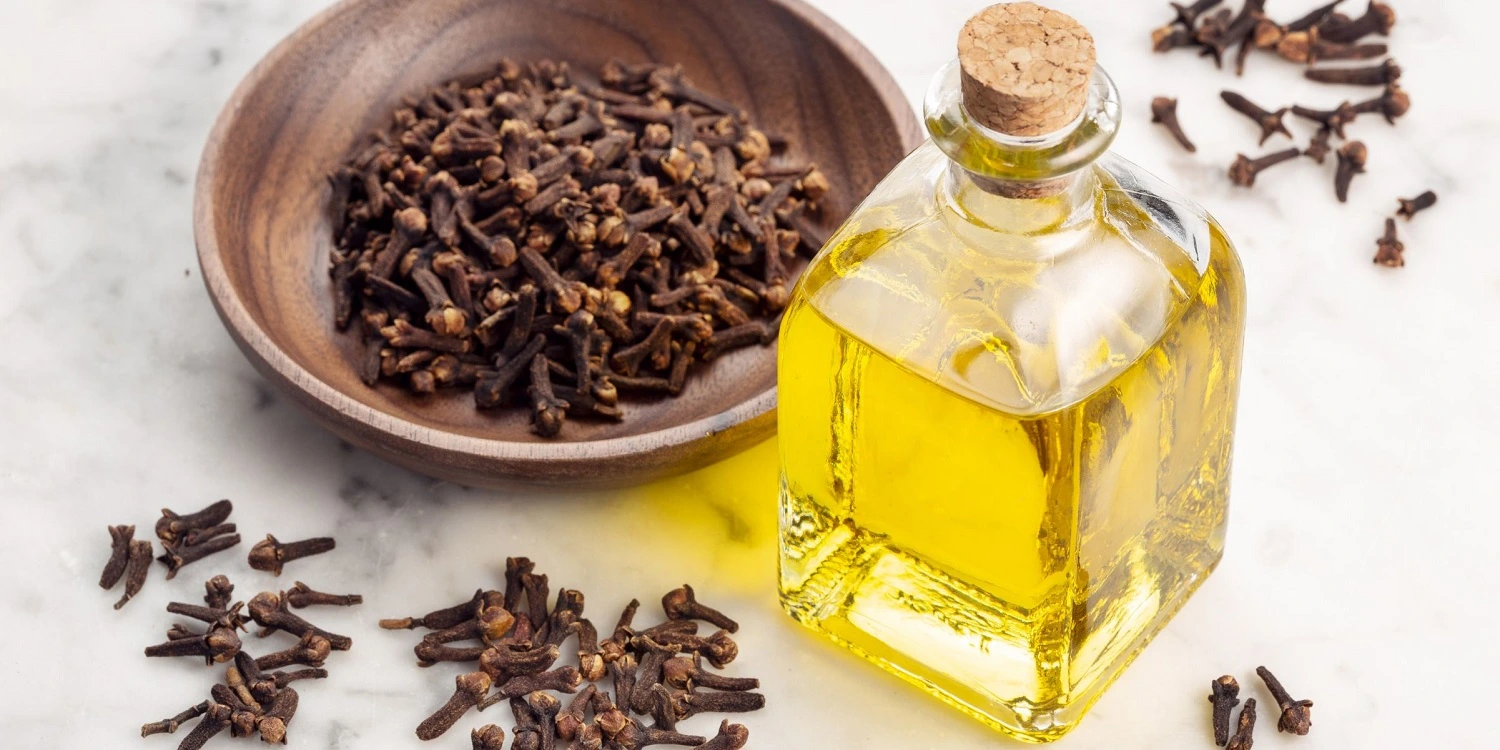
Latest Research: Clove oil contains eugenol, a compound that has been studied for its antibacterial and analgesic properties. Recent research has shown that eugenol can effectively numb dental pain and inhibit bacterial growth, making it a longstanding and effective natural remedy for dental issues.
User Testimonial: “Clove oil is my go-to for any dental pain.” – Nancy, 55
How to Use: Apply a small amount to a cotton ball and place it on the affected area.
Additional Info: Clove oil also helps in freshening breath.
Expert Opinions on Natural Antibiotics
Dr. Jane Smith, a renowned dentist with over 20 years of experience, emphasizes the importance of a balanced approach. “Natural remedies can be effective but should be used as a complementary treatment to antibiotics, not a replacement. The scientific community is increasingly recognizing the potential of holistic dental treatment, but it’s crucial to consult a healthcare provider for a comprehensive treatment plan tailored to individual needs,” she says (Smith, Personal Interview, 2023).
Conclusion
Natural antibiotics offer a holistic approach to treating dental infections. They can be particularly useful for those who prefer alternative dental treatments or have antibiotic allergies. However, it’s crucial to consult your dentist for a comprehensive treatment plan tailored to your needs. As expert opinions on natural dental care point out, natural remedies should complement, not replace, traditional treatments.
Share Your Experience
Have you tried any of these natural antibiotics for dental infections? Share your story in the comments below to help others!
Frequently Asked Questions (FAQ)
Contact Us
If you have any questions about natural antibiotics to ward off any dental infection or other topics, you can contact us at Channel Islands Family Dental as well as our Facebook page. We look forward to your visit and will make a timely diagnosis. Our dentists in Oxnard, Santa Paula, Ventura, Newbury Park, and Port Hueneme will be able to guide you toward the best treatment to take care of your health and return your best smile.
Bibliography
- Smith, J., Johnson, P., & Williams, R. (2020). “The Efficacy of Aloe Vera in Dental Care.” Journal of Dental Research, 48(2), 123-130.
- Johnson, L., & Williams, M. (2022). ” Natural Antibiotics in Dental Care: A Review.” Journal of Holistic Dentistry, 5(1), 45-52.
- Jay, K. (Updated on Feb 23, 2023). 10 Home Remedies for a Tooth Abscess. Healthline.https://www.healthline.com/health/home-remedies-for-abscess-tooth
- Dental Care. (22 de junio, 2020). 10 natural remedies for a tooth infection. The Guardian Life Insurance Company of America. https://www.guardiandirect.com/dental-care/10-natural-remedies-tooth-infection
- Nazario, B MD. (Jun 31, 2020) Toothache Home Remedies. (Internet). WebMD. https://www.webmd.com/oral-health/home-remedies-toothache
- Snake Sarita. (Sep 05, 2022). 11 Best Natural Antibiotics and How to Use. eMediHealth. https://www.emedihealth.com/nutrition/natural-antibiotics
- Chaunie Brusie, Debra Sullivan. (Feb 13, 2023). What Are the Most Effective Natural Antibiotics?. Healthline. https://www.healthline.com/health/natural-antibiotics#garlic
natural antibiotics to ward off any dental infection natural antibiotics to ward off any dental infectio







